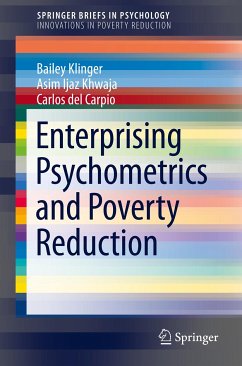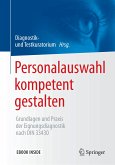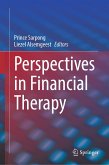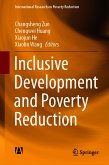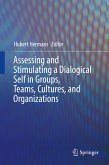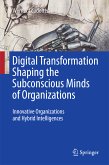Dieser Download kann aus rechtlichen Gründen nur mit Rechnungsadresse in A, B, BG, CY, CZ, D, DK, EW, E, FIN, F, GR, HR, H, IRL, I, LT, L, LR, M, NL, PL, P, R, S, SLO, SK ausgeliefert werden.
What to do? The three economists provide a very sensible and important answer: Evaluate the person him- or herself by psychological tests. Two issues are important for paying back the loan: First the person must be able to build a good enterprise and make enough money to pay back the loan. Second, the person must be willing to pay back the loan.
Psychological research on entrepreneurship has made enough headway to provide good data for understanding which person characteristics lead to good entrepreneurial success. Moreover, there has been a longtradition to evaluate a person's integrity to understand whether somebody is willing to cheat others by not paying back a loan. The authors take these issues as their starting point and describe how they produce the results. This is practical and useful. Recently the New York Times has written a long piece on the company build by these three authors and how successful they have been in helping banks to help micro-entrepreneurs to get the resources to be able to succeed.
This is a "must-read" book for anybody who is interested to advance sustainable credits for micro-entrepreneurs."
Prof. Michael Frese, NUS Business School, Singapore

